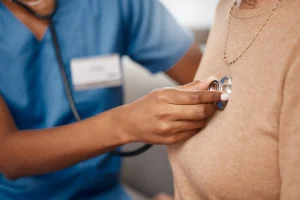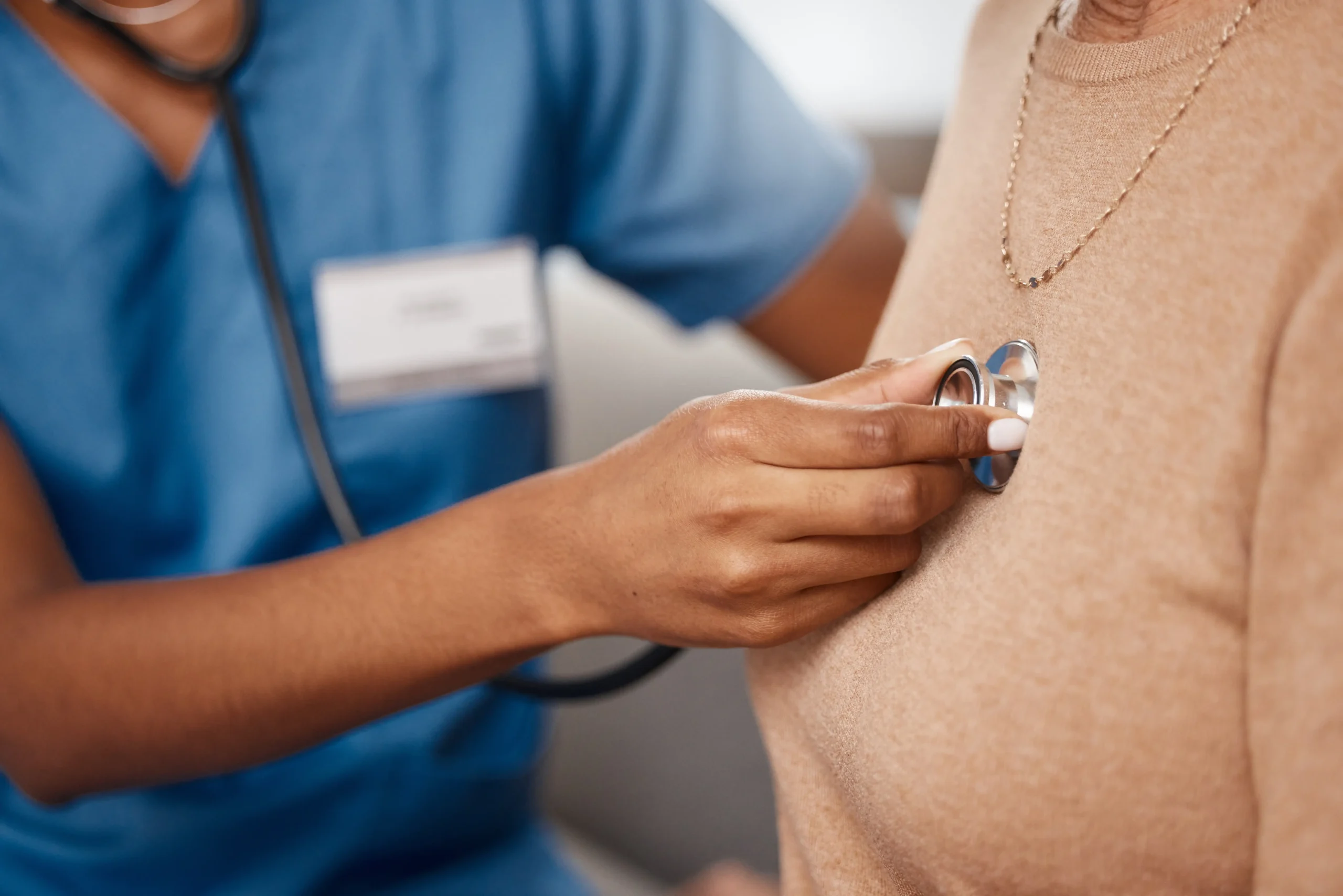Cervical Cancer: What You Need to Know
Cancer is a fearful thing for many people, and cervical cancer is especially challenging for women since it strikes at the heart of femininity. As women play a vital role in our society, from being mothers and daughters who will bear the next generation of South Africans, to their roles as homemakers and breadwinners, awareness around cervical cancer is crucial.
In light of that, we take a look at what exactly cervical cancer is, what causes it, how it can be prevented, and how it can be treated.
This will, of course, ensure that our moms and daughters are with us for many years to come, so we can love and appreciate them and their indispensable role in our lives.
What is cervical cancer?
The cervix is the bottom part of the uterus that links to the vagina. When the cells of the cervix begin to mutate and change instead of acting normally, cancer develops. This is because instead of cells being generated and then dying at a set time, they continue to grow abnormally, which usually leads to a tumour. When these cancerous cells begin to invade and affect the healthy cells next door, and this continues to spread, the cancer has then begun to metastasise.
CANSA, the Cancer Association of South Africa, explains that cervical cancer is one of the Big 5 cancers affecting South African women, with the other 4 being breast cancer, colorectal cancer, uterine cancer and lung cancer. Cervical cancer is the second-biggest after breast cancer, affecting a whopping 1 in 39 women in the country. Worldwide, almost half a million women are affected by the disease, while more than half of those die. The United States has around 10,000 cases a year, with over 3,000 women who die from the illness.
Find out more about how you can beat cancer at its own game here.
What causes cervical cancer?
Unfortunately, in most cases cervical cancer is caused by the human papilloma virus, also known as HPV or genital warts. This is a condition that is sexually transmitted and is therefore prevalent in sexually active women. Some 70% of cervical cancers are caused by HPV, which is also linked to 50% of penile cancers in men. Genital warts are transmitted by skin contact with an infected area or by the bodily fluids transmitted during intercourse.
Having many sexual partners carries the greatest risk that a woman could become infected with HPV, although not all women who get the disease develop cervical cancer. Women are also susceptible to the disease if their partners are not monogamous. Carrying extra weight, poor diet and nutrition which weakens the immune system, and especially smoking, are linked to the formation of cancer cells in the cervix.
How can it be prevented?
Abstinence from sexual contact or being in a faithful monogamous relationship are the best preventative measures against cervical cancer that is linked to HPV. Using protection during sexual contact can lessen the risk. Being vaccinated against the HP virus is also one way to prevent this cancer from manifesting in the body. Oral contraception has been shown to increase the risk of HPV. Speak to your doctor about the best course of action for your specific situation.
Find out more about how cancer treatments affect your body here.
How can it be detected, treated and cured?
Not everyone who contracts the HP virus will develop cancer of the cervix. Be sure to speak to your doctor about having a pap smear, which will be used to determine if you have cervical cancer. Up to 50% of women who are diagnosed with the cancer have never had one. In its early stages, this cancer has no symptoms, so a regular pap smear is very important for early detection, which will help you beat the disease with normal cancer therapies, which may include radiation treatment and chemotherapy. A hysterectomy may be required. Guidelines for pap smears are that you should start having them every 3 years if you are between the ages of 18 (especially if you are sexually active) and 70.
Also, make sure you see your doctor immediately if you have bleeding after intercourse, if you are bleeding at unusual times of the month when you are not menstruating, if you are bleeding and you have already been through menopause, if you have a watery and/or bloody vaginal discharge that smells, and if you experience pelvic pain or pain during intercourse.
As uncertain as you may be around this area of your health, remember that both CANSA and your doctor are here to assist you. CANSA offers a huge amount of support and counselling, so be sure to connect with them for more information. Get the help you need as soon as possible.
Find out more about how you can lower your risk of cancer here.
The lenmed Group is a world-class chain of Private Hospitals that brings quality healthcare to communities across Southern Africa.
For more information please contact:
The Cancer Association of South Africa (CANSA)
Tel: +27 (0) 80 022 6622
Email: [email protected]
Website: www.cansa.org.za
Disclaimer: Any information contained here is merely a guideline. Always visit your healthcare practitioner for any health-related advice or diagnosis.















